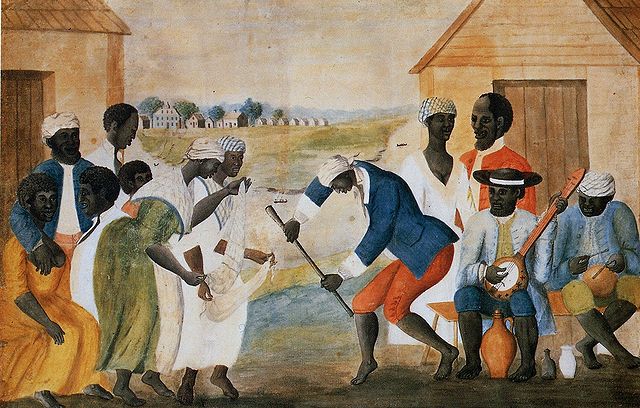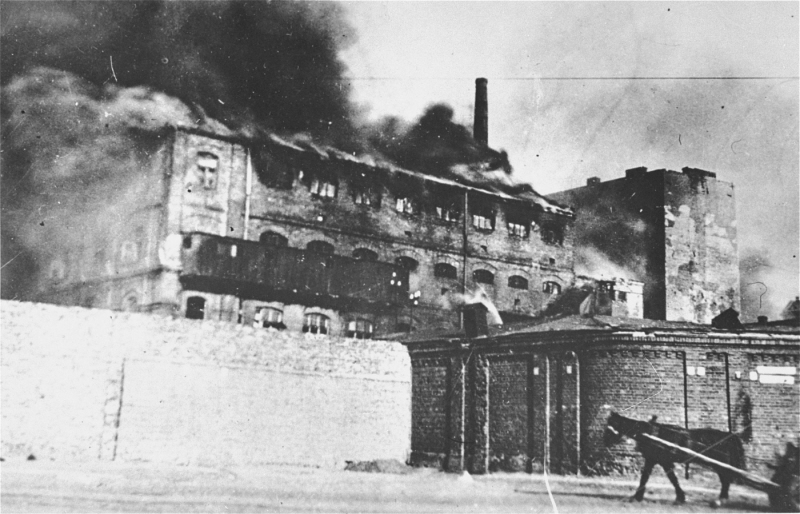The level to which people may go in order to be free is a complex and challenging one. On one hand, living without freedom enables people to live constructive and fruitful lives on earth, even if they do not enjoy all the benefits of liberty. On the other hand, freedom is one of the most fundamental of all human rights and is sought by all human beings, even to the point of death. In the end, I believe that although freedom is a precious right, it is better to be alive without freedom than to prefer death.

Several reasons support the view that it is better to be alive without freedom than to choose death. First, it is entirely possible to live as a productive citizen even while not possessing all the rights and opportunities afforded to people living in the freest of societies. For example, African Americans developed a complex sub-culture in the American South prior to emancipation from which positive advancements in food, music, and folklore were born. Although they lacked freedom and economic means, they nevertheless contributed to the rich culture of the American South and their efforts are being studied by scholars and recognized by the American public. Likewise, Jewish communities in the ghettos of Europe who lived during Nazi oppression contributed toward the public good. Anne Frank’s diary, which was written during the Nazi occupation of Northern Europe, is still read in schools and brings a dynamic element to education today. All of these positive contributions by African Americans or Jews would not have resulted had they chosen death if they could not be free.

A second reason is that although someone may be in bondage at one point in time, he or she may be liberated and gain freedom in the future. If a person chooses death if he cannot be free, he has made a permanent and irreversible decision. But if a person chooses to live, even though he or she may be in bondage, freedom may return to him or her at some point in time. Millions of African American slaves were legally freed after the passage of the Emancipation Proclamation in the 1860s, after which they had liberty rights that they did not possess beforehand. Many Jews were freed from death camps in Europe so that their freedom was restored. Even for common inmates in prison, the term for most criminal actions is finite, meaning that their loss of freedom is temporary. Had any African American slaves, Jews in death camps, or common criminals chosen death rather than bondage, they would not have lived to see light of liberty that they were able to enjoy after being freed.
Lastly, the existence of several levels of human freedom make the decision to die without freedom very problematic and unfeasible in most circumstances. For instance, a person may live in a democracy which enacts regulation after  regulation, thereby burdening its citizens with more and more restrictions on what they can and cannot do. In essence, that society’s citizens lose their freedoms little by little. At what point might a person decide to die rather than to live without freedom? Certainly the citizenry retains some rights, but not all rights. But in a similar fashion, prison inmates retain some rights, but not all the rights of people not in prison. In both the case of average citizens and inmates, some rights are removed by the authorities, and some rights are retained. In which case would death be preferred over the lack of liberty?
regulation, thereby burdening its citizens with more and more restrictions on what they can and cannot do. In essence, that society’s citizens lose their freedoms little by little. At what point might a person decide to die rather than to live without freedom? Certainly the citizenry retains some rights, but not all rights. But in a similar fashion, prison inmates retain some rights, but not all the rights of people not in prison. In both the case of average citizens and inmates, some rights are removed by the authorities, and some rights are retained. In which case would death be preferred over the lack of liberty?
In conclusion, the argument for deciding to live without freedom rather than to die is more compelling. People without freedom may still be productive citizens and they often maintain the possibility of freedom in the future. Further, all people live their lives with some degree of restriction anyway.
 This is all very significant. But even apart from this, recent events have also pitted the intelligence community against mainstream media outlets, such as the New York Times, in their prior reporting that wiretapping had been done. Based on what Clapper said, the New York Times reported some “fake news” of its own. This takes wind out of the sails of credibility given to the paper and to any other MSM outlet that reported on wiretaps in the past.
This is all very significant. But even apart from this, recent events have also pitted the intelligence community against mainstream media outlets, such as the New York Times, in their prior reporting that wiretapping had been done. Based on what Clapper said, the New York Times reported some “fake news” of its own. This takes wind out of the sails of credibility given to the paper and to any other MSM outlet that reported on wiretaps in the past.

